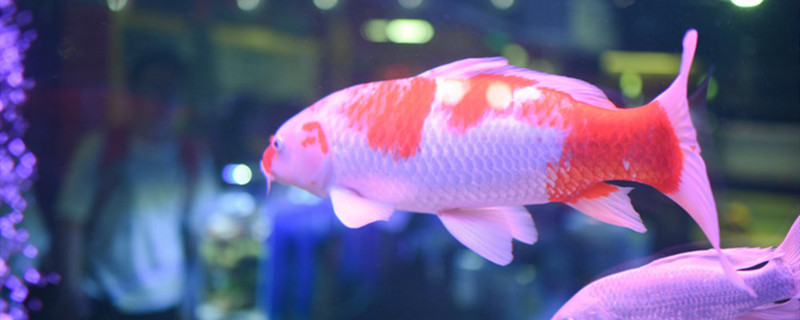
Fish water is generally tap water, but not all tap water can fish. Compared with river water and well water in the field, tap water is disinfected water, so there will be no pollution. However, after disinfection, tap water contains a certain amount of chlorine, which is harmful to fish, so the newly connected tap water can not raise fish, it needs to be aired for a period of time, until chlorine volatilization can be used.
1. Open the tank and disinfect: For people who raise fish for the first time, the fish tank is not able to raise fish by receiving water, but by raising water first. In order to avoid entering various bacteria when raising water, it is necessary to disinfect when opening the tank. First, fill the fish tank with water, then pour potassium permanganate into it, soak it for 3-4 hours, then discharge it, and wash it again with clean water.
2. Water injection for bacteria culture: After the fish tank is sterilized, the next step is to inject water into it. If it is tap water that has just been received, it needs to be aired for several days. After water injection, we should start to cultivate bacteria, which is mainly to establish a nitrification system, so as to create a good ecological cycle, and there will be no sudden change in water quality. The method of cultivating bacteria is also very simple, just put fish food and nitrifying bacteria into the water, and then explode oxygen for a period of time. Usually the water turns turbid first and then clear, so that fish can be raised.
3. Release the fish to test the water: To be on the safe side, usually before releasing the fish you want to raise, you have to prepare several other fish to break into the tank to test the water. Generally, it takes about half a month to test. If there is no problem, you can formally raise the fish. If the fish that break into the tank gets sick or dies, you have to open the tank again.